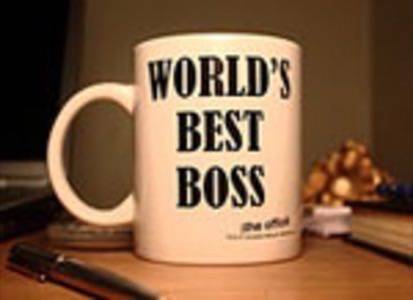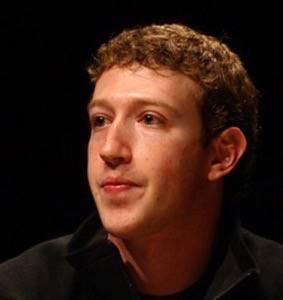Ben Horowitz of the venture capital firm Andreessen Horowitz wrote an interesting piece Wednesday on why he and partner Marc Andreessen look for strong founding CEOs when investing in companies. Founding CEOs are the kind of entrepreneurs that run their companies from the early development stages and are not replaced by a professional CEO as the company grows and builds. In this lengthy but worthwhile read, Horowitz provides insight into what makes for a great founding CEO, and why he believes they are more likely to help a company succeed than a professional CEO.

It is not uncommon in the world of startups and venture capital that when a startup finds a business model and market fit for its product that a founding CEO is replaced by a more experienced professional. Some entrepreneurs just aren’t cut out to handle the responsibilities that come with being a CEO, so they either step down or are replaced by the company’s board. But other times, the entrepreneur has enough skill to handle the CEO job, and as Horowitz points out, this type of CEO is much more likely to nurture a profitable business.
“If you hire a professional to find the product cycle, get the jelly, because your company will soon be toast.”
– Ben Horowitz
Dozens of large companies are thriving today thanks in no small part to a CEO who has been with the company since its inception. Examples of some of the most successful founding CEOs in the history of the tech industry include
Steve Jobs,
Bill Gates,
Jeff Bezos and
Scott McNeely. Horowitz also points out that some of the hottest new companies, like
,
and
are also run by founding CEOs, but not all founders are capable of this success.
So what qualities are needed in entrepreneurs in order to become the next Steve Jobs or Bill Gates? According to Horowitz, a winning founding CEO has “comprehensive knowledge” of all aspects of the company, the “moral authority” to go against the grain and “total commitment to the long-term” success of the company. Long-term commitment can often be the hardest quality to possess, but Horowitz notes that founder CEOs are placing themselves in the line of fire in the short-term for their belief in the long-term.
“Recently, we’ve seen Facebook’s founding CEO Mark Zuckerberg make a series of long-term bets. He’s radically revamped critical features such as the feed used by hundreds of millions of people,” writes Horowitz. “By committing to the long-term, he put himself under tremendous pressure in the short-term. The press broadly questioned his business acumen and Facebook’s ability to generate any meaningful revenue […] We now know these critics were wrong and Zuckerberg was right, but would a professional CEO have taken these risks and endured such vicious attacks for unseen, long-term benefits?”

As Horowitz adds, not all founders are cut out for the role of CEO, and there are, in fact, professional CEOs capable of building successful companies that continue to innovate. Eric Schmidt, he says, adopted the philosophies of Google’s founders in order to help it continue to grow, and John Morgridge nearly singlehandedly turned Cisco into what it is today, Horowitz notes. Finally, he has this boiled down piece of advice for startups.
“If you hire a professional CEO into a company that has found a large product cycle, the professional will be able to maximize that product cycle, but likely won’t find the next one,” he says. “If you hire a professional to find the product cycle, get the jelly, because your company will soon be toast.”
What are your thoughts on this issue? Are professional CEOs largely incapable of being as innovative as founding CEOs? Let us know your view in the comments below.
Photos by Flickr users Kumar Appaiah and deneyterrio.










